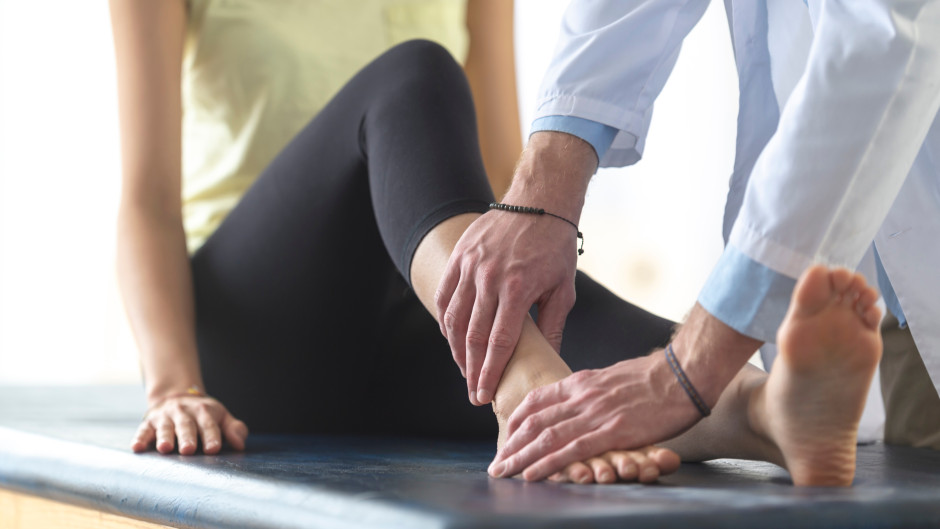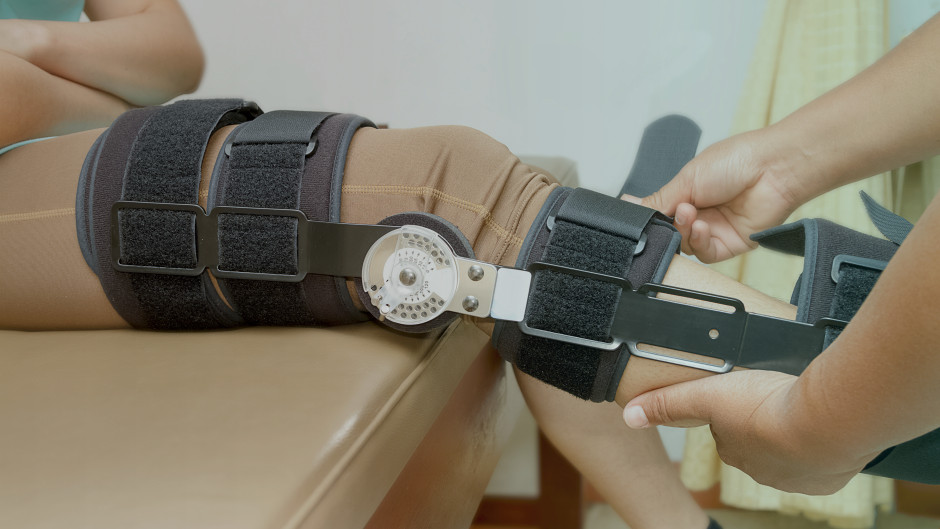UNLOCKING THE ART OF CLINICAL REASONING
What is clinical reasoning?
Clinical reasoning can be defined as a process of inquiry and analysis carried out between the physiotherapists in collaboration with the patient. It's about human judgment and the process for reaching judgments. It involves a biopsychosocial philosophy of practice with the overriding purpose to understand the patient, their context, and their clinical problems in order to guide evidence informed practice. This requires information regarding each broad purpose. It requires a hypothetical deductive process of information gathering, perception, interpretation, synthesis, and hypothesis formation and modification. It's typically described as including fast first impressions and slower analytical deliberations.
If you want to learn more about this topic, you can watch Mark Jones' lecture here:
What is the process of clinical reasoning?
1. Data collection
The first step of clinical reasoning includes data collection, which occurs through our subjective and our objective examination. Information about the person and their health problems is acquired from multiple sources like
- Referral
- Consultation with other health professionals
- Medical records
- Investigations (imaging, blood tests)
- Individual through the subjective and objective/physical examination
2. Synthesis of information and testing of hypothesis
After the subjective examination, actual reasoning includes the therapist's perception of what information is potentially relevant. Every assessment that you perform has to be interpreted in terms of what it's telling you.
And then you have to, from that information, start to form hypotheses about what's going on.
3. Therapist's evolving understanding of person and their problems
As you're synthesizing the information and testing your hypotheses through the process of reasoning, you should be developing an evolving understanding of the person and their problems.
Some of your hypothesis are supported,
some are not supported, and some new hypotheses will come to mind as new information becomes available. So your thinking process is evolving, and this is why we often say it's important you're thinking on your feet.
4. Clinical judgment
After the assessment the clinical judgment involves deciding which impairments to address, which to address first, which strategy/procedure and dosage to use, which outcome measures to reassess, treatment
progression and self-management for optimizing change.
5. Physiotherapy intervention
Finally, we continue with our management and our particular therapeutic actions. All the knowledge gathered above will serve as a guide to decide which interventions to give.
Even if we have a clinical practice guideline, the data above allows us to adapt it to the presentation of the particular patient.
6. Reassessment
To ascertain whether your particular interventions are effective, a reevaluation is crucial. The reassessments inform your evolving thoughts that you're on the right track, or they signal the need for some modification in the approach you're taking.
In conclusion, unlocking the art of clinical reasoning is an essential skill for healthcare professionals. It involves a combination of critical thinking, experience, knowledge, and empathy to make accurate diagnoses and treatment decisions. Continuous learning, practice, and collaboration with colleagues are key to refining this skill, ultimately leading to improved patient care and outcomes.
Sources:
1. Lecture 'Fast and Slow Reasoning in Clinical Practice' by Mark Jones.




